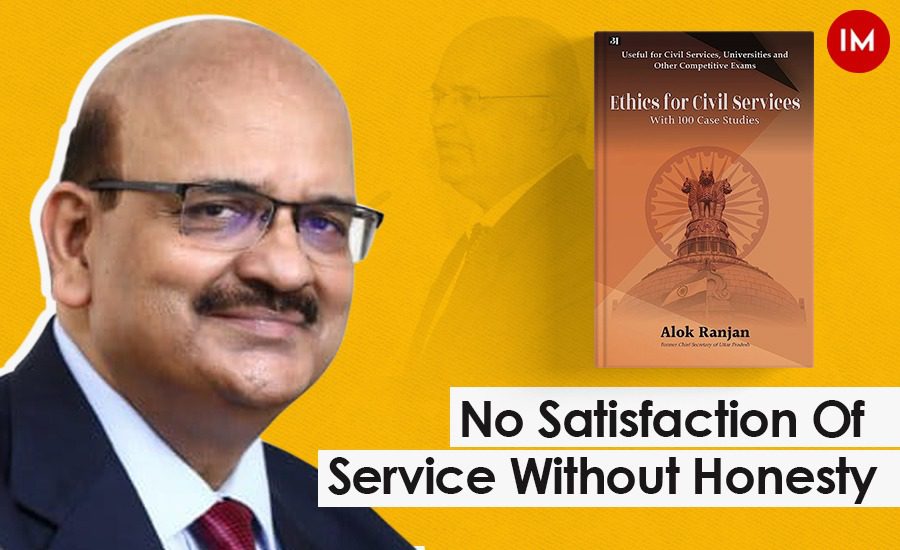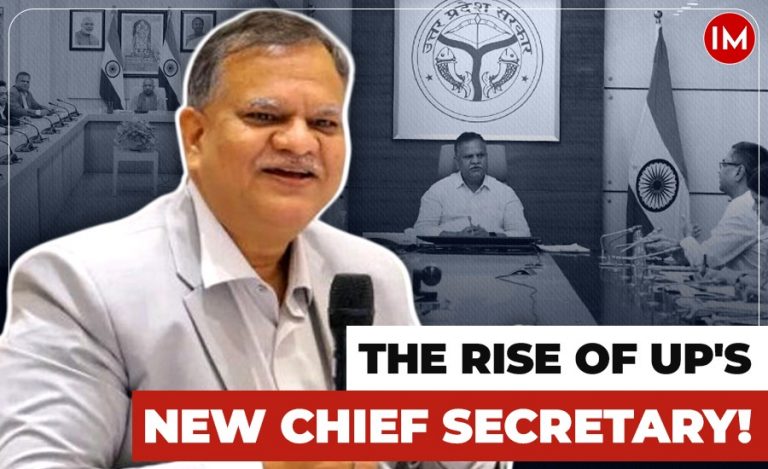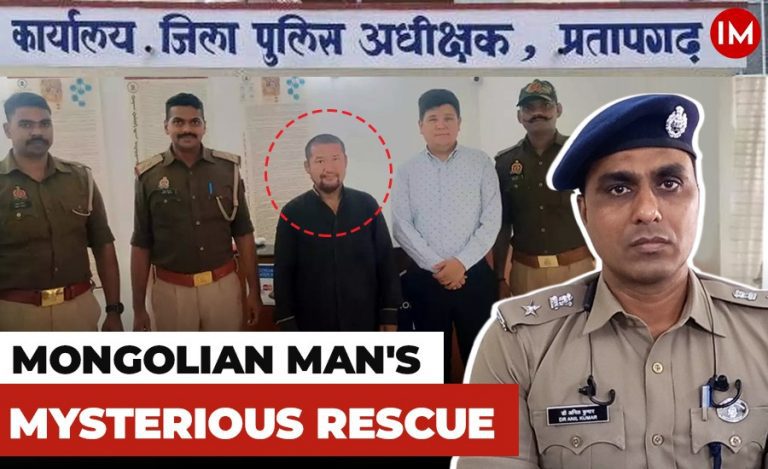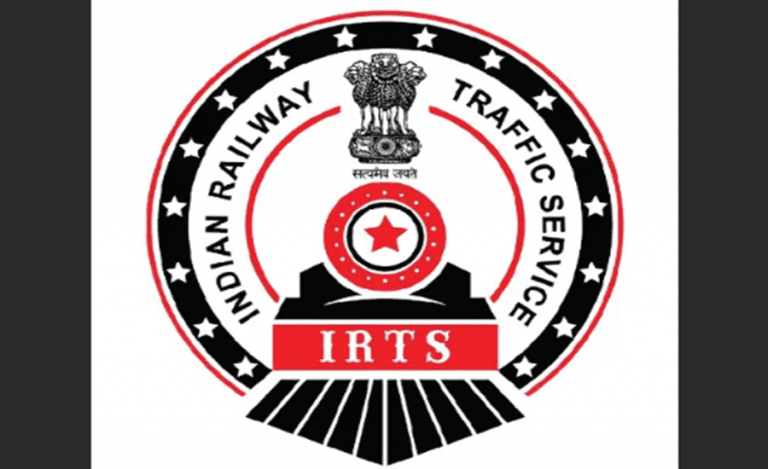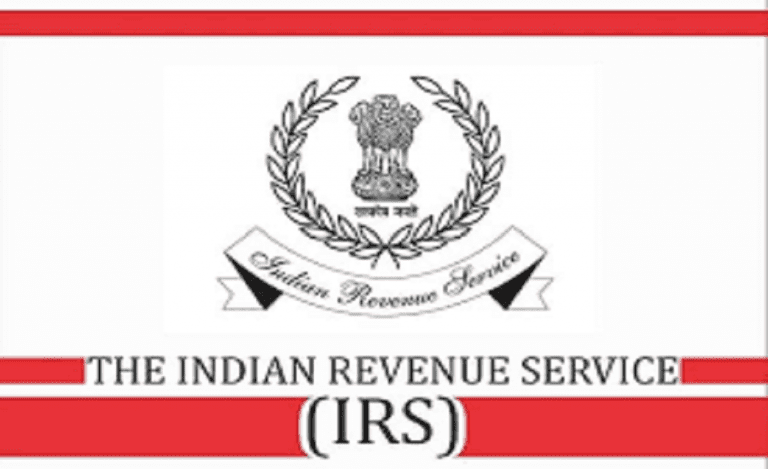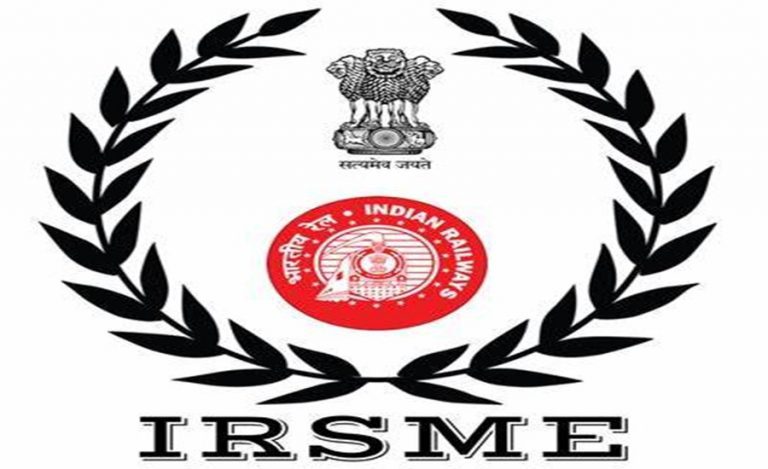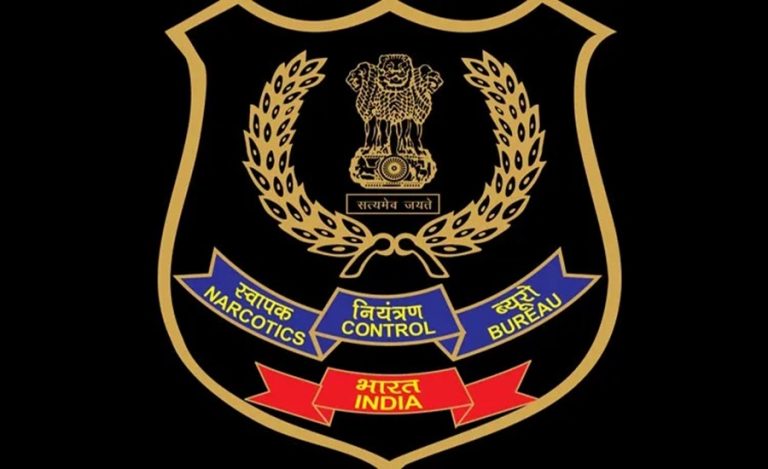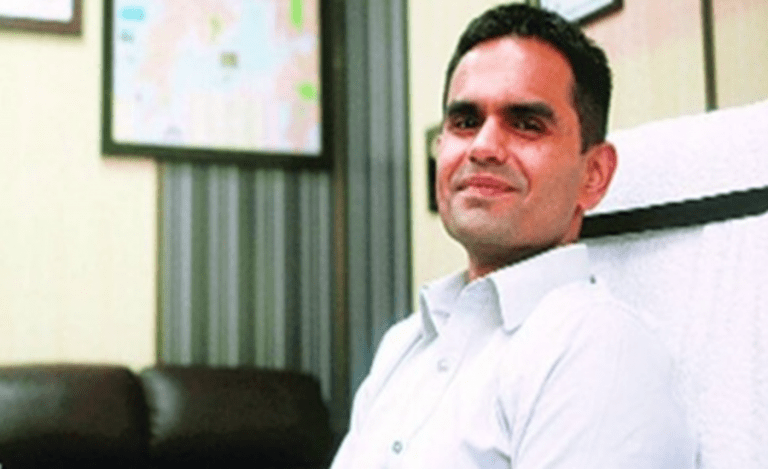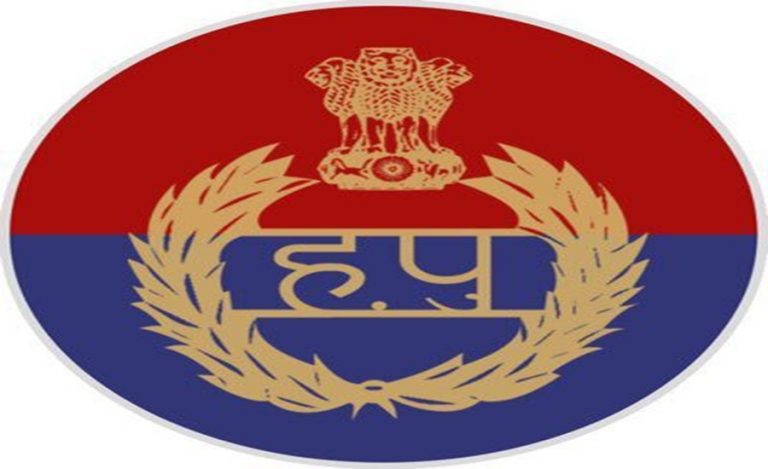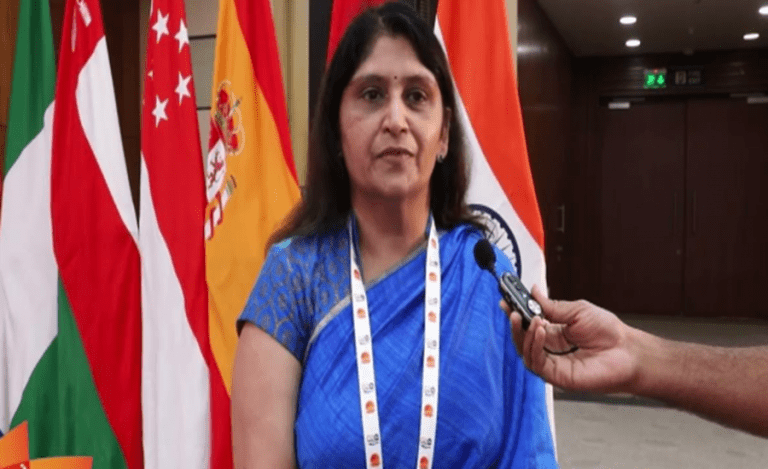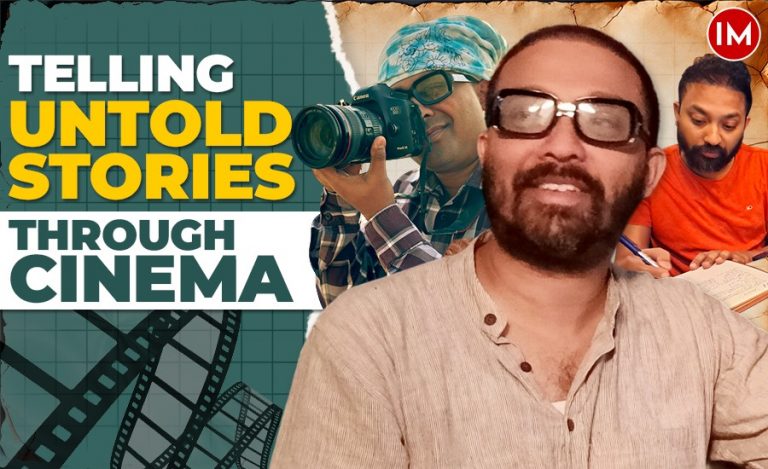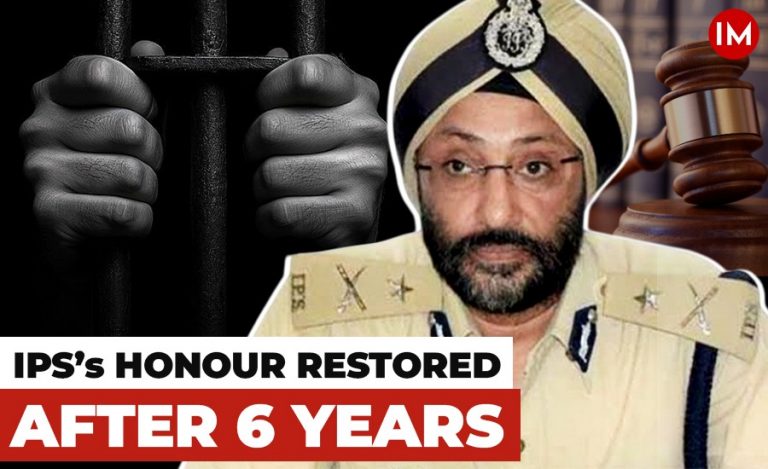Who is a civil servant? A highly qualified person with knowledge of law and the Indian constitution, appointed to ensure best possible services to people. They have to lead with honesty and integrity to act in the best interests of the public. However, these qualities are eroding and became a concern for UPSC, the recruitment commission for civil servants, under the Union government.
Acting on this concern, a subject called ‘Ethics, Integrity and Aptitude’ was added in the Mains syllabus of Civil Services Exam. Now the question arises, was adding the subject enough? Maybe not, but it sure was a good step, says veteran bureaucrat, Mr. Alok Ranjan, who was an IAS officer of 1978 batch and UP cadre.
The officer who rose to the rank of Chief Secretary, UP and also served as Advisor to the then Chief Minister Akhilesh Yadav, has recently come up with his book, Ethics For Civil Services: With 100 Case Studies. Also, author of the book, Making A Difference, the IAS As A Career, Mr. Ranjan has not only dealt with ethical concepts, but also analyzed all the case studies that have come in Ethics paper between 2013-2019.
ETHICAL FRAMEWORK
The Ethics paper is mostly divided into two parts. First part deals with ethical concepts and the second with case studies which carries 125 marks. A publisher approached Mr. Ranjan for a book on this subject as not much was available till then. While going through the syllabus, Mr. Ranjan realized that the subject is really good as it included various concepts, administrative pointers, which can surely affect the mindset of aspirants and successful candidates. Also, he himself had lot of real life experiences of dealing with such compromising situations. Hence, he agreed to write the book.
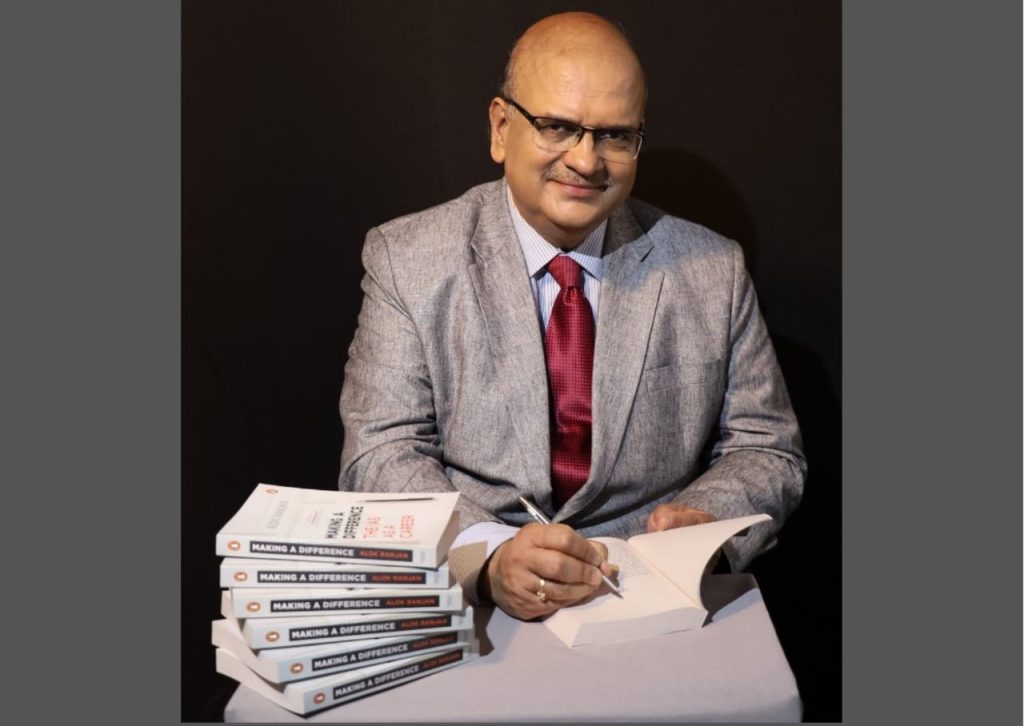
About the actual purpose of adding the subject getting lost somewhere, he commented, “In the past few decades, the society has become more materialistic and ethical conduct has declined. However, it was a good step. Some might take it just as a scoring subject but the process of learning this subject helps in developing an ethical framework in mind.”
He also pointed out that the evaluation of this step is indeed needed, and the fact remains that everybody might not change, but some surely will.
TOTAL INTEGRITY
Ethics is not limited to just corruption. Most people think that honesty is only an attribute required of an officer. However, that is not the case. While compromising on financial integrity is a total no-no for civil servants, total integrity is also very important. “Civil servants are wedded to the constitution. They have to deliver good services to the people, especially the weaker sections. Only they can ensure the best possible use of public money,” said the former bureaucrat.
He also emphasized that honesty is a basic requirement for civil services. It is not something to take pride on. An officer should always try to develop a system where everyone works with transparency and accountability.
PAYS OFF IN THE LONG RUN
In the book, the officer has dealt with various case studies, which includes compromising on quality of any project or dealing with political pressure. Such situation is common in the life of a civil servant. All of these really tempt, but if the individual doesn’t compromise, then it always pays off in the long run.
Mr. Ranjan said that if a reputation of an upright officer is carefully built, then nobody will ask them to do anything out of the way. There might be some short term turmoil like transfer or punishment posting but, ultimately, every system needs competent officers.
Sharing an example from his own life he said, “I was posted as Vice-Chairman of a Develoment Authority. On the first day, people tried to give me commission saying that was the system. I outrightly denied. This gave me the moral support to question all the work that had been going on under the authority. Being ethical helps your work and you are rewarded in the end.”Most of the people join civil services for public service. And, this is not possible without ethical conduct. Mr. Ranjan concluded with a few words of wisdom for all civil servants: “You have to leave everything behind on retirement. The one thing you can take with you is the satisfaction of service. And, it only comes if you were honest in your work. Not just the public, but the entire government machinery cannot help but praise this attribute of yours.”

